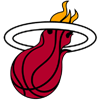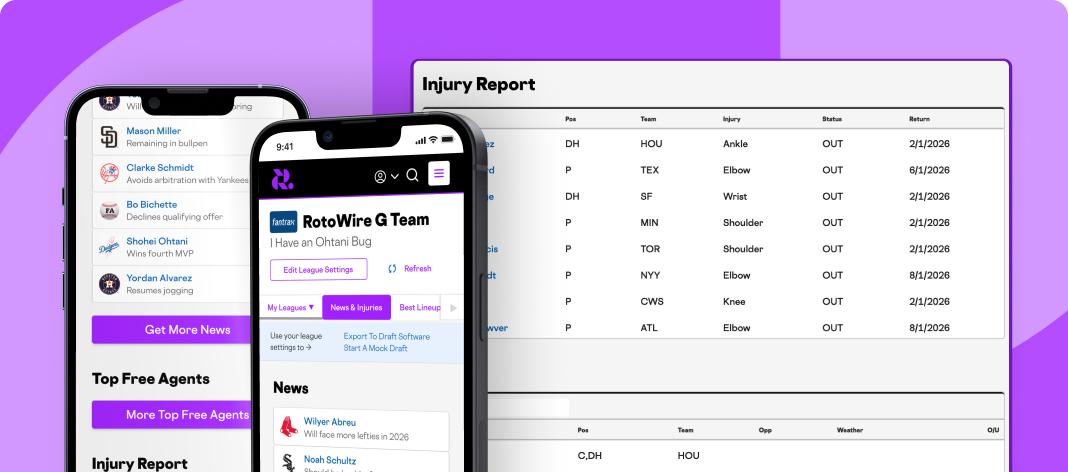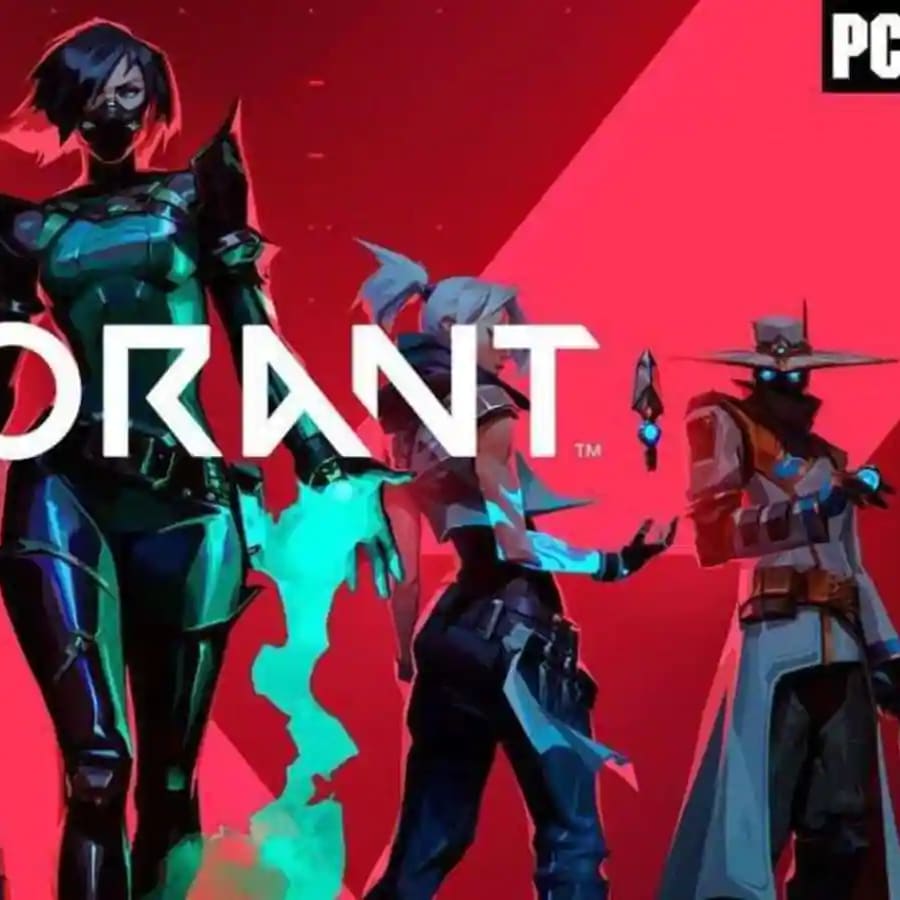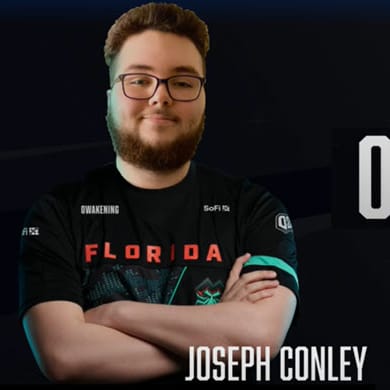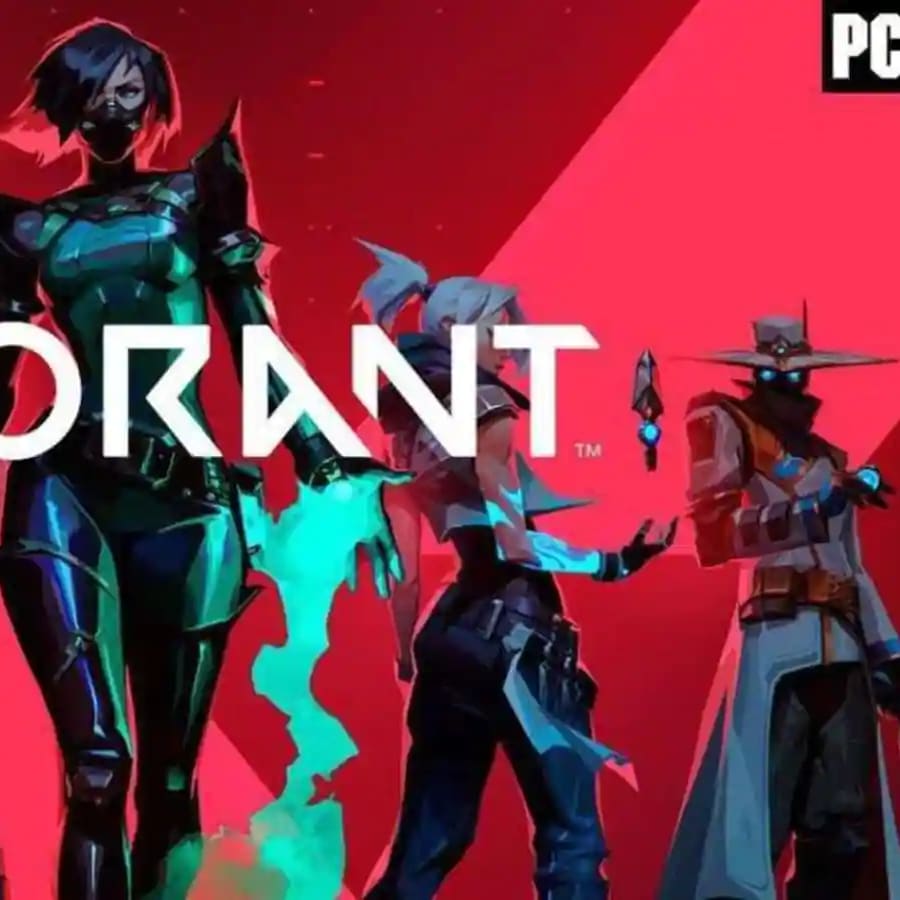October 2014 would prove to be the most pivotal month in the history of China's LPL. In the waning days of fall, the most important best of 5 in the history of the region was fought: OMG vs. Star Horn Royal Club. The two teams were competing for the dubious privilege of doing battle with Samsung White in the finals of the 2014 World Championship, a series that neither could ever hope to win.
OMG ended up falling in a close 3-2 series, and Royal went forth to get slaughtered in one of the most one-sided Worlds finals in the history of the game. It was not the teams that were all-important, however, but the players on them. OMG was the brainchild of Gao "GoGoing" Di-Ping and Yu "Cool" Jia-Jun, two of China's most famous players of all-time, and featured an entirely Chinese roster, which was the standard at the time. Royal, on the other hand, was the first Chinese team to brave the unknown and import talent from another region, in this case, Korea's Choi "InSec" In-seok and Yoon "Zero" Kyung-sup.
Right or wrong, China learned a harsh lesson that day, one that they took to heart: a team stacked with Korean talents was stronger than any filled with only domestic talent. China's greatest had proven unable to stop Royal, as the OMG and EDG rosters that Royal tore through to get to the finals were likely the best entirely Chinese teams ever assembled. If China wanted to take their place on the world stage, the path looked clear: import foreign talent.
What ensued has gone down in the annals of League history as "the Exodus." Chinese teams started offering Korean talent unholy sums to buy their services. Samsung had barely finished their victory party when they announced that Samsung White would be disbanding, it's players all courting foreign offers.
Within six months every single player on what many consider the best single roster of the LCS era was playing for a Chinese team, lured by the treasure promised by the billionaire-backed teams that flooded the LPL. The story was the same. Practically every noteworthy player outside of Lee "Faker" Sang-hyeok himself packed their bags and headed to China.
Of the 12 teams that took part in the 2015 LPL Spring Split, nine had both of their possible import slots filled with Korean players. One year earlier every player's nationality had been represented by the Chinese Canton. China's fascination with imports had begun.
In the short term, the results proved quite promising. The inaugural Mid-Season Invitational in 2015 was won by Edward Gaming, who had picked up both Heo "PawN" Won-Seok and Kim "Deft" Hyuk-kyu in the offseason, two majors pieces of 2014's Samsung hegemony. Everything seemed rosy for China moving forward, but the cracks would soon show in the vision of impending Chinese dominance that pervaded hushed conversations between analysts and players both.
Summer 2015 would end up being the season best known for one thing: lane swaps. The controversial tactic was at the heart of all strategies in 2015 and easily allowed coordinated teams filled with less skilled players to bury their more chaotic brethren. For many Chinese rosters, this spelled disaster, as their often hodge-podge communication ensured that they played every game that featured a lane swap from behind.
The insular nature of the Chinese metagame only intensified the problem. While Europe and Korea had each played a reasonable percentage of their games with a lane swap, by the time Worlds 2015 rolled around, the top Chinese teams had played next to none. The tactic is hard to master for any team that lacks concise communication, especially teams that have to deal with language differences. By this point, that included nearly every team in the LPL.
What followed is one of the most spectacular failures of League's analysis community to date: China's implosion at Worlds 2015. Edward Gaming went in as favorites to win the entire tournament and instead were unseated by Fnatic in the quarterfinals. For the first time in League's history, the finals were played out by two Korean teams, both of whom barely dropped a game throughout the entire tournament.
In retrospect, it should have been obvious. China's metagame revolved almost entirely around tactics that were obsolete two years earlier. While Samsung Blue was showing the world how to win via split pressure, China was still heavily relying on the big ten-man teamfights that had defined the first three years of League's competitive scene. The first time a Chinese team made contact with a team from Europe or Korea, both teams noted for their strong tactical play, they all but imploded. While EDG was able to run over Fnatic at MSI with ease, Worlds saw them outmaneuvered at nearly every turn.
The mechanical ability of the greatest Chinese teams was beyond reproach. But without the coordination to bring that talent to bear, every other team ran circles around them. The legacy of China was suddenly at stake, and 2016 was supposed to be the year that they took those lessons to heart.
To their credit, for the early part of the year, it seemed likely that they had done just that. Royal shocked the World at MSI when they took down SKT T1 in groups and proceeded to go nearly undefeated. Their secret was an obvious one: Cho "Mata" Se-hyeong spoke Chinese. With him there to help coordinate both halves of the team, they looked the closest to a cohesive unit that China had produced in the last year.
By now, though, it's obvious that China is still much in the same position they were in at the end of 2015. Once again Royal and EDG failed to make it past the quarterfinals, albeit due to what is likely the most lopsided seeding in any international tournament to date. After another year of being hyped up by both their fans and the world's' analysts, China looked to be in desperate shape.
The announcements of the last month come as no surprise when put into this context. The last couple weeks have revealed that not only will Royal be losing both Jang "Looper" Hyeong-seok and Mata, inarguably their best players by the end of 2016, but that EDG would also be losing PawN and Deft, all but hamstringing the team. The short term implications are unclear, as we have no idea who their replacements will be, but it's likely that it both elevated WE to the best team in the region, while also giving both EDG and Royal time to reflect on what went wrong this year.
The crucial decision will be whether these teams look within the borders of China itself for replacements, or again try to pull from the Korean talent pool. While the latter might yield better immediate results, the former may well be the better choice in the long term. Outside of very specific situations, it's becoming increasingly difficult to integrate foreign language players into teams as the game moves further and further towards being one that relies on teams functioning as a unit. Building up domestic talent removes that as a consideration, and there is historical precedent for Chinese players being considered world class -- all of OMG were certainly considered amongst the best in their positions back in 2014, and China's reputation for creating the best ADCs in the world is all but canon at this point.
If these teams do choose to again import players, they may wish to look towards some domestic success stories when trying to integrate them. World Elite, like every team in the current LPL, also feature Korean players, in this case, their bot lane. However, the team is also well known for their decisive mid to late game play, where they often take over the game through their superior teamwork -- precisely the opposite of what one would expect from a split-nationality team. Part of that comes from the positions in question, as World Elite's Korean player from their bot lane, and thus are primarily responsible only for communicating with each other in the early game -- a fact that may well be responsible for why the team is notoriously sluggish in the first 20 minutes of the game. Alternatively, it's entirely possible that the team has put significant effort into streamlining the communication between the Korean and Chinese players well enough that they simply can understand each other's intentions on a regular basis. In either case, there's lessons to be learned from what many considered the second best team in the LPL at the end of the Summer Split.
2017 will be an important year for the LPL. Chinese fans are restless after two years of stagnation and poor results on the world stage. Soon new LPL players won't be looking to carry on the tradition of excellence that OMG and Star Horn Royal Club started years ago and will instead set their sights on lower targets. For a region with as much historical strength and individual talent as the LPL, that would be a tragedy, and may well cement a World Finals appearance as a privilege reserved only for Korea's two best teams.





